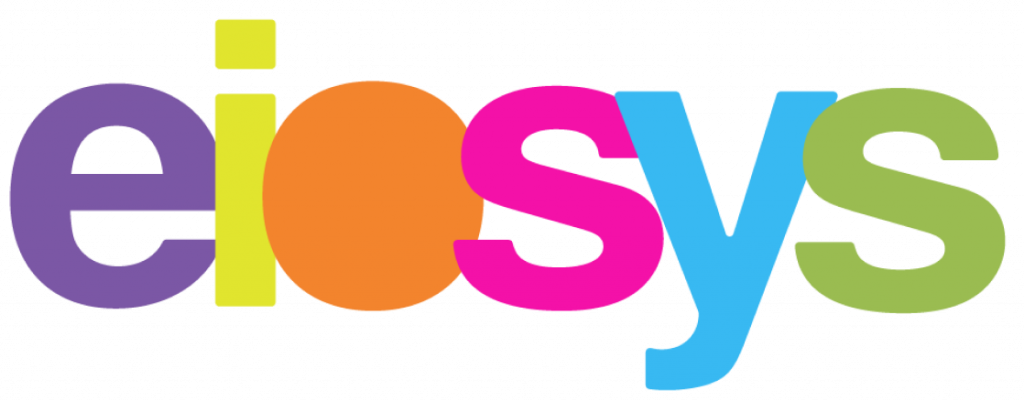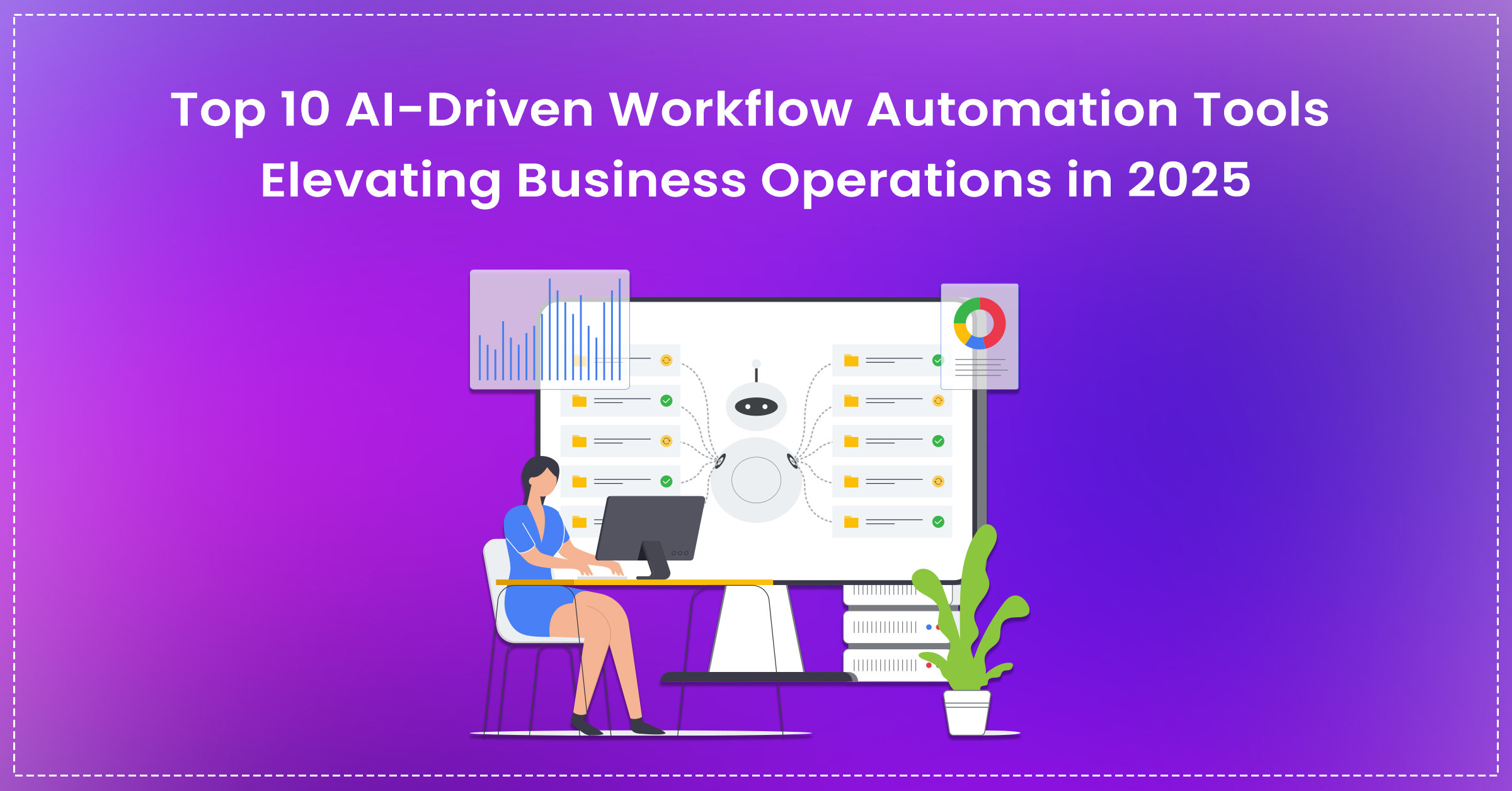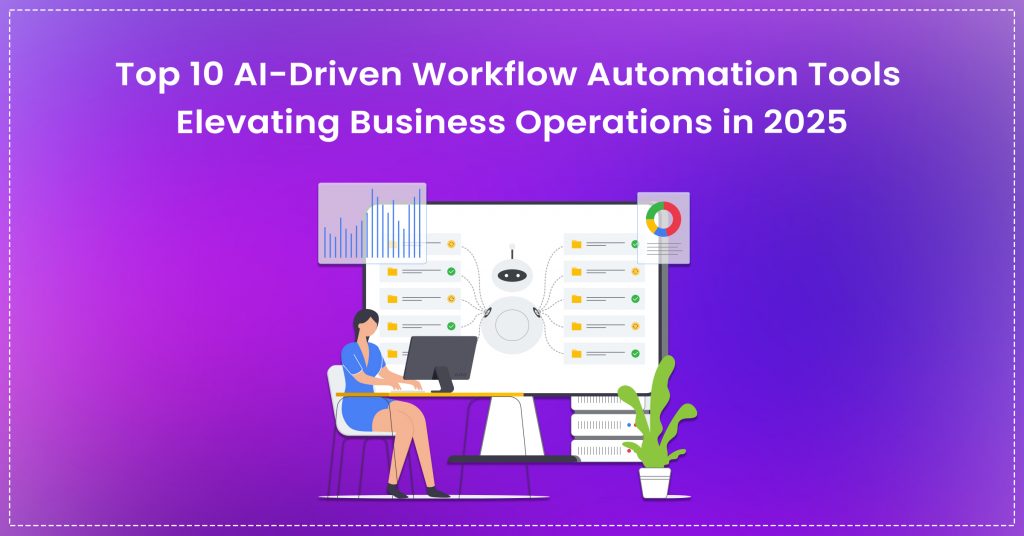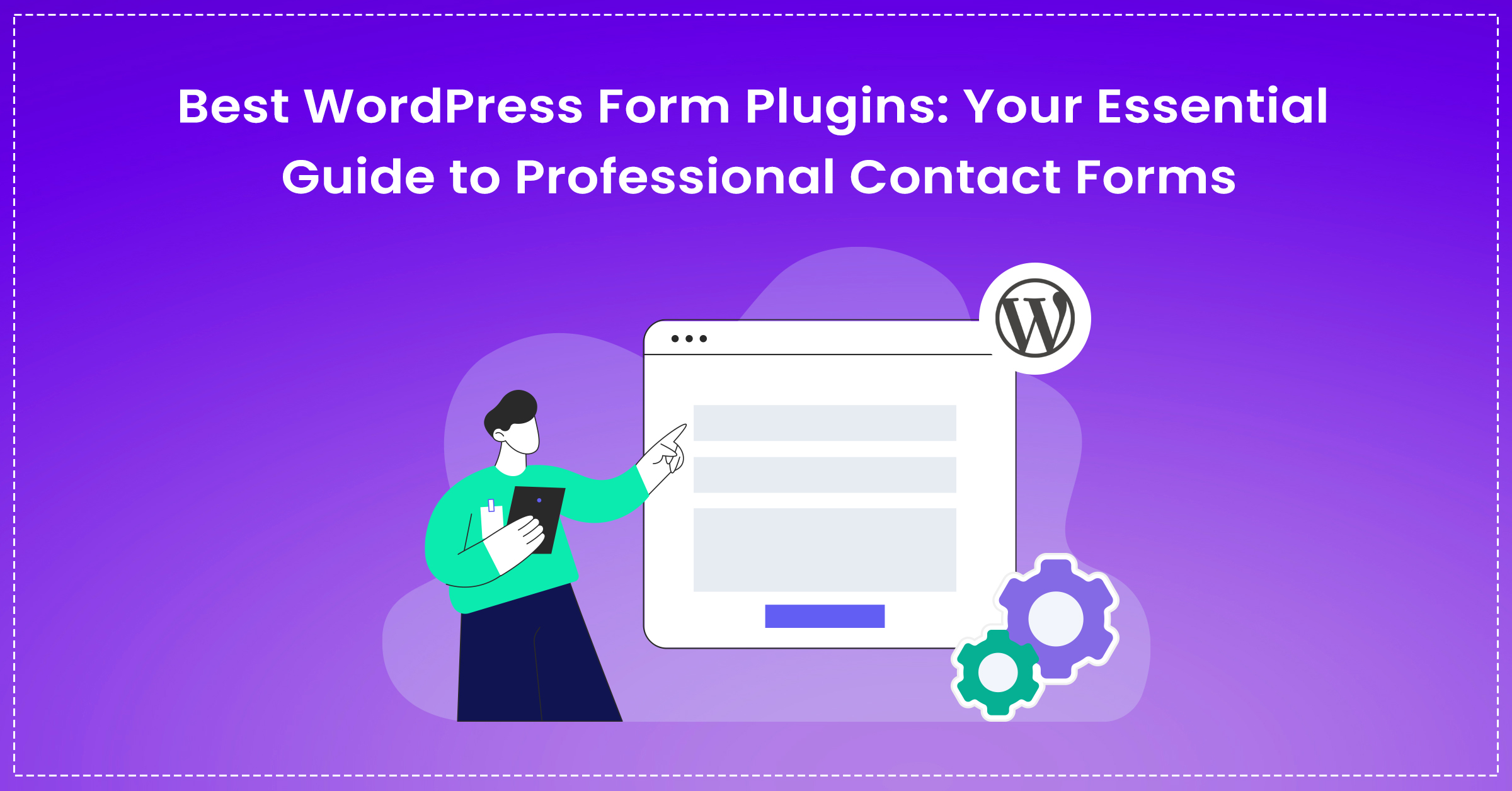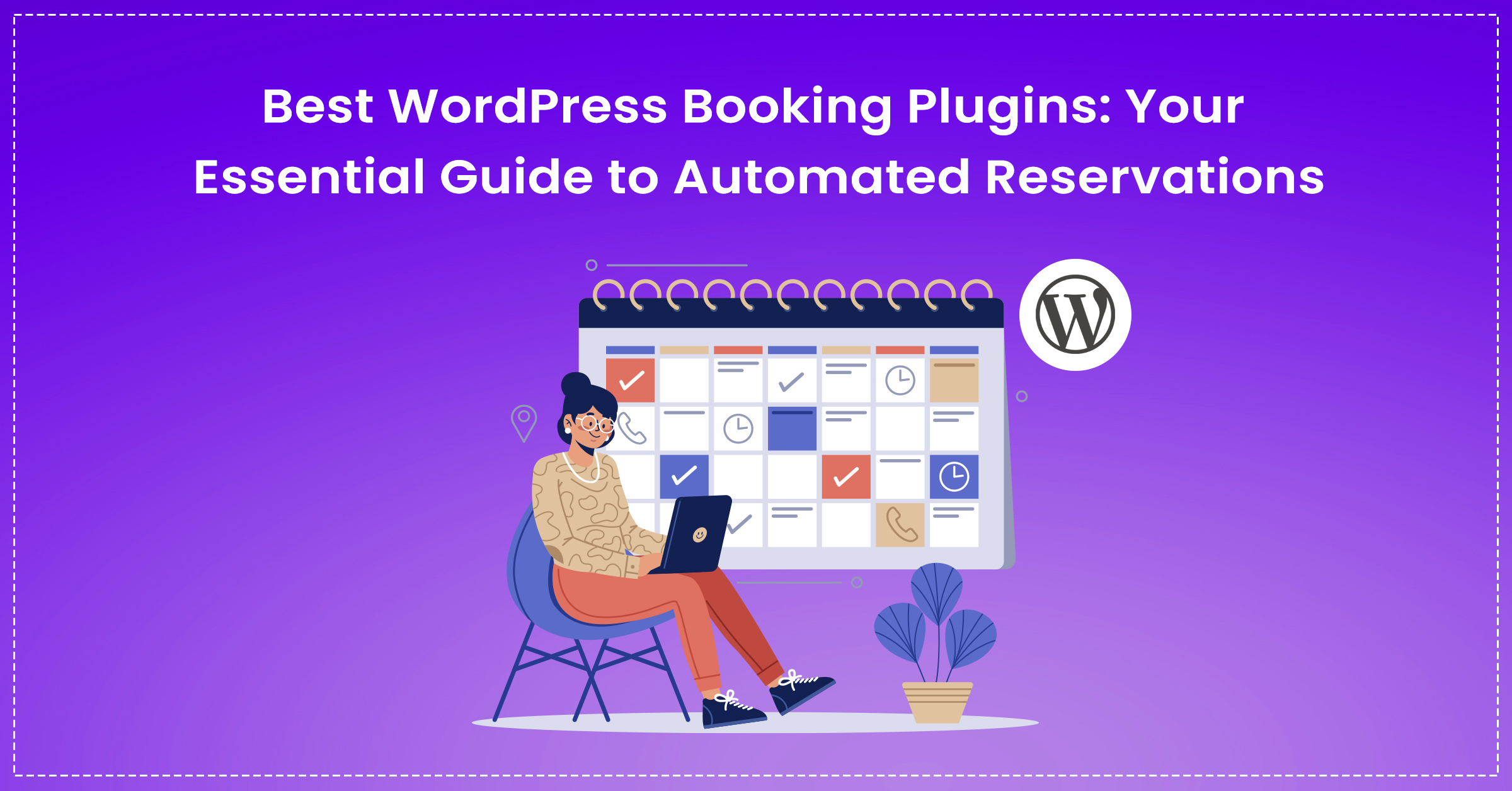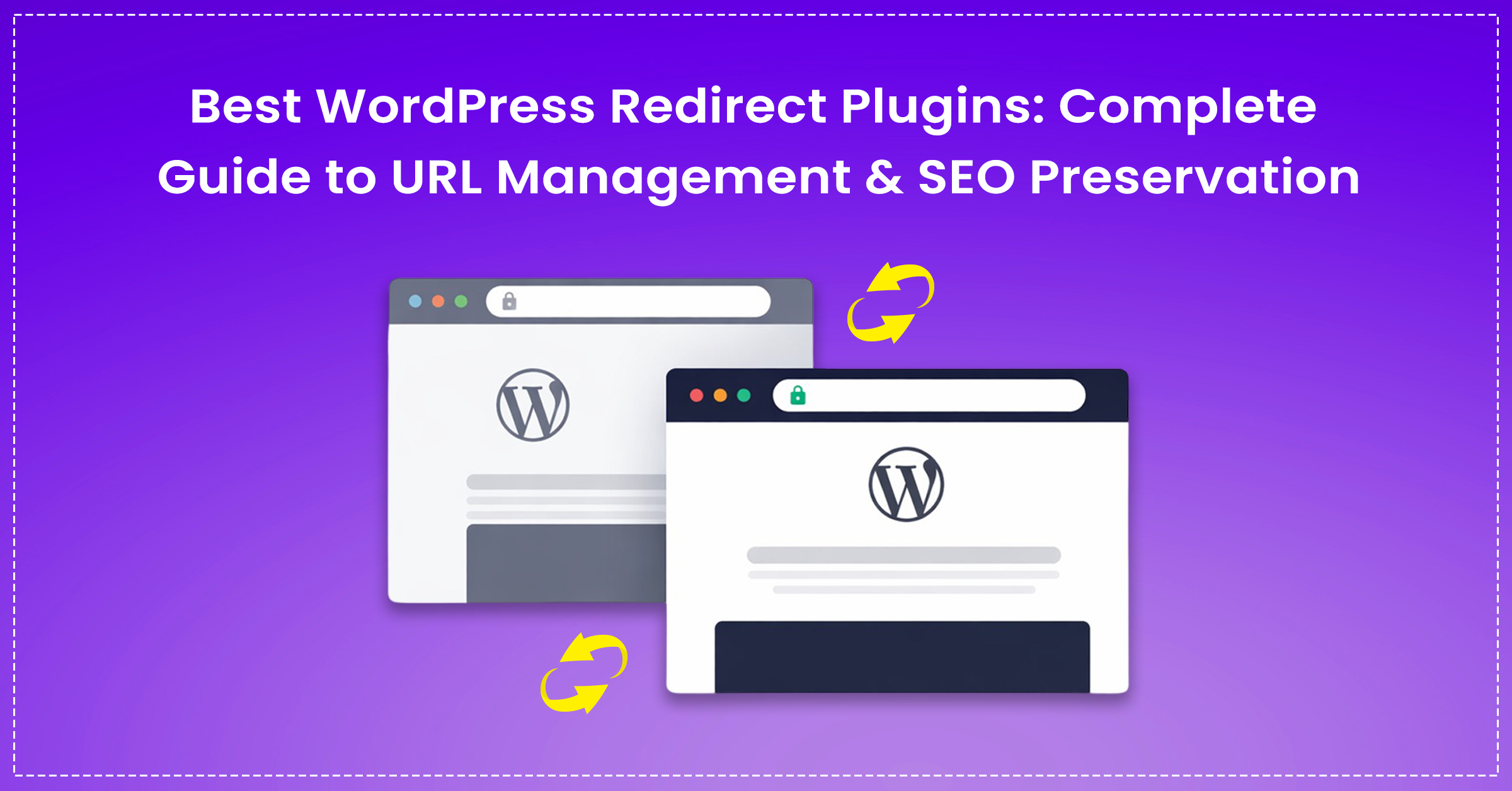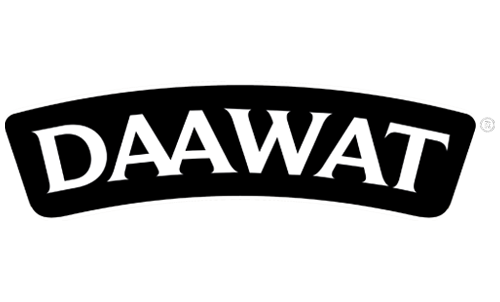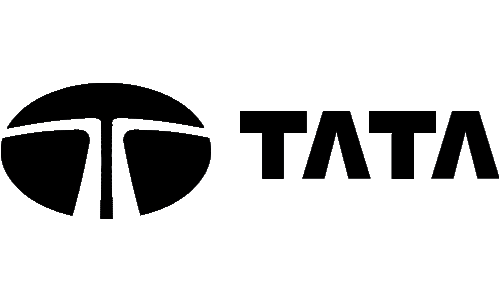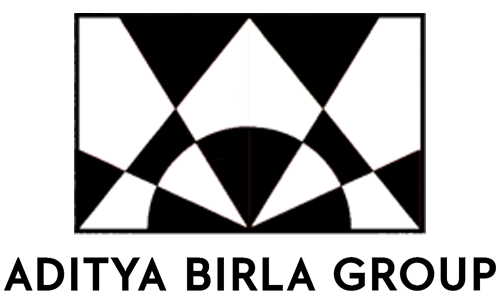Introduction
Manual activities are becoming less typical in today’s hectic business climate. Efficiency, human error, and productivity are increasingly being addressed by businesses with the help of AI-powered workflow solutions. I’ve worked with startups and Fortune 500 companies over the past eight years as a technology consultant, implementing automation solutions for businesses of all kinds. I have seen firsthand how these technologies may change how effective organizations are.
AI-powered automation solutions are expected to drive the global workflow automation market to $39.4 billion by 2027. The correct automation solution may increase accuracy and consistency while saving countless hours whether handling email campaigns, completing employment pipelines, or answering customer service questions.
This guide examines which AI workflow automation tools are expected to have an impactand why. It captures lessons learned by businesses and offers valuable insights based on their comments.
Overview
With a focus on business automation for the future, this guide explores the top 10 AI-powered automation tricks. From open source automation N8N to enterprise-grade solutions like UiPath, we will cover pricing, features, and the automation tools best suited for each business.
You will find platforms that outperform their competitors, like Make and Microsoft Power Automate. Make has visual automation capabilities and Microsoft Power Automate seamlessly integrates with Office 365. Each tool is tailored for a business size and skills requirement.
Real-world automation examples and tailored implementation recommendations provided in this comparison will guide you, whether you are a small business that needs off-the-shelf automation solutions, or a large business with sophisticated workflow requirements. Each platform is presented with a clear description of the requirements for selecting the business automation tool.
What Are AI Workflow Automation Tools?
Automation employing artificial intelligence (AI) works on the principle of achieving two goals. It uses process automation which involves the use of software to carry out repetitive tasks without human interaction. Unlike traditional automation which follows a set of rigid instructions, AI automation tools seek to learn, adapt, and make decisions using data patterns and contextual information.
These tools excel at:
- Processing unstructured data (emails, documents, images)
- Making intelligent routing decisions
- Learning from user behavior and preferences
- Handling exceptions through predictive analytics
- Integrating multiple systems seamlessly
5 Types of Automation Tools
By exploring diverse types of automation tools, you may in fact be better placed to determine which one suits you the best. Given below is an outline of the five categories.
1. Process Automation Tools
These type of tools are aimed at automating your business processes, be it handling invoices, hiring new employees, or customer service processes.
2. Task Automation Tools
Want to get rid of all those repetitive tasks? These tools are the best thing for you. They can take on jobs such as data entry, file management, and report generation.
3. Communication Automation Tools
These tools help you take control of everything from email sequences to chatbot conversations and notifications across all channels.
4. Integration Automation Tools
Want to link different software programs? These tools ensure that data streams between your systems seamlessly.
5. Analytics Automation Tools
You can automatically generate and review reports, derive insights, and evaluate performance to make data driven decisio
Top 10 AI Workflow Automation Tools

1. N8N - The Developer's Choice
N8N is an open-source, node-based workflow automation tool that uniquely offers developers control over their automation processes.
Key Features:
- 200+ Integraion Visual workflow builder
- Self-hosted or cloud deployment options
- Complex logic and transformation of the data
- Custom code execution capabilities
- Good community support and frequent development updates
Best For: Technical Teams with the necessity for a highly customizable and controllable underpinning automation workflows.
Pricing: Free for self-hosted, Cloud plans start at $20/month.

2. Zapier - The User-Friendly Giant
Zapier has this in the bag, I mean after all it was one of the first intuitively designed no-code automation platforms to ever exist accompanied with a seemingly endless ecosystem of apps.
Key Features:
- 5,000+ app integrations
- Multi-step workflows (Zaps)
- AI-powered automation suggestions
- Built-in data formatting tools
- Mobile app for monitoring workflows
Best For: If you’re not too techy and only need fast automation on a small business.
Pricing: Free plan available, paid plans from $19.99/month.

3. Microsoft Power Automate - Enterprise Integration
Microsoft offers a powerful automation solution with great enterprise capabilities, and they provide a seamless integration with the Office 365 ecosystem.
Key Features:
- Deep Microsoft ecosystem integration
- AI Builder for custom models
- Desktop automation capabilities
- Approval workflows and business process flows
- Advanced security and compliance features
Best For: Businesses with significant Microsoft product investments.
Pricing: The starting price is $15 per user per month.

4. UiPath - RPA Powerhouse
UiPath’s advanced use of artificial intelligence (AI) to simplify intricate corporate operations gives them the lead in the robotic process automation (RPA) market.
Key Features:
- Optical Character Recognition (OCR) and advanced computer vision, which are crucial for efficiency.
- Integration of machine learning models.
- Both supervised and unsupervised automation capabilities.
- Tools for process mining and optimization.
- Scalability for large operations.
Best For: Large enterprises with complex, high-volume workflows.
Pricing: Contact for enterprise pricing.

5. Automation Anywhere - Intelligent Automation
Cognitive technologies and RPA are integrated in this platform to provide advanced intelligent automation solutions.
Key Features:
- A cloud-native architecture.
- Natural language processing capabilities and a marketplace for ready-made bot solutions.
- Advanced insights and analytics.
- Scalable bot deployment.
Best For: Businesses seeking comprehensive automation solutions.
Pricing: Customized pricing based on specific needs.

6. Integromat (Make) - Visual Automation
Make provides strong data manipulation capabilities along with an aesthetically pleasing approach to process automation.
Key Features:
- A visual scenario builder
- Processing data in real time
- Advanced routing and filtering Tools
- Error handling and debugging tools
- Template marketplace
Best For: Organizations and agencies who need to do intricate data conversions.
Pricing: There is a free plan and premium ones starting at $9 per month.

7. Workato - Enterprise-Grade Integration
Workato focuses on automation and enterprise integration with robust security and governance capabilities.
Key Features:
- AI-powered recipe suggestions
- Enterprise connectors and security
- API management capabilities
- Governance and monitoring tools
- Recipe lifecycle management
Best For: Big businesses with intricate integration needs.
Pricing: For customized pricing, get in touch.

8. IFTTT - Consumer-Friendly Automation
IFTTT, or “If This Then That,” makes automation easier for both consumers and small organizations.
Key Features:
- Simple trigger-action workflows
- Consumer app integrations
- Location-based automation
- Voice assistant integration
- Easy mobile management
Best For: Individuals and small businesses looking for straightforward automation solutions.
Pricing: There is a free plan as well as pro options that start at just $3.99 a month.

9. Pabbly Connect - Affordable Alternative
It provides unlimited automation at a fair price, Pabbly Connect is an excellent choice for businesses monitoring their expenditures.
Key Features:
- Workflows and endless assignments
- Features of multi-step automation
- Real-time data sync
- Custom webhooks support
- Lifetime deal options
Best For: Small to medium businesses seeking cost-effective automation.
Pricing: Plans start at $19/month.

10. ActivePieces - Open Source Innovation
It provides unlimited automation at a fair price, Pabbly Connect is an excellent choice for businesses monitoring their expenditures.
Key Features:
- Workflows and endless assignments
- Features of multi-step automation
- Real-time data sync
- Custom webhooks support
- Lifetime deal options
Best For: Small to medium businesses seeking cost-effective automation.
Pricing: Plans start at $19/month.
Comparison Table
| Tool | Best For | Pricing (Starting) | Key Strength | Integration Count |
| N8N | Developers | Free/Self-hosted | Customization | 200+ |
| Zapier | Small Business | $19.99/month | Ease of Use | 5,000+ |
| Power Automate | Microsoft Users | $15/month | Enterprise Integration | 400+ |
| UiPath | Large Enterprise | Custom | RPA Capabilities | 500+ |
| Automation Anywhere | Enterprise | Custom | AI/ML Integration | 600+ |
| Make | Agencies | $9/month | Visual Design | 1,000+ |
| Workato | Enterprise | Custom | Governance | 1,000+ |
| IFTTT | Consumers | Free | Simplicity | 700+ |
| Pabbly Connect | SMB | $19/month | Unlimited Tasks | 800+ |
| ActivePieces | Open Source | Free | Community | 100+ |
Implementation Best Practices
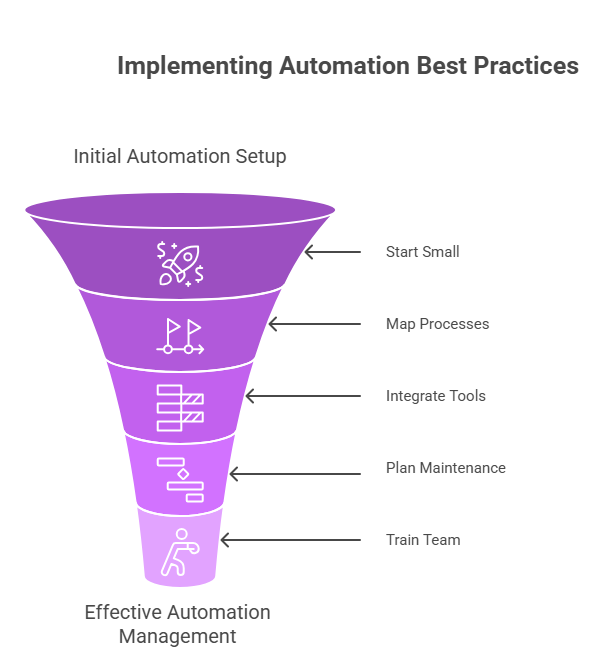
1. Start Small and Scale
Start with basic processes that have a high impact over a complex workflow. This approach helps you to gain trust and show ROI faster.
2. Map Your Processes
For further reading→ well-designed workflows, precede automation The knowledge of every step denies gaps, allowing for complete test execution.
3. Consider Integration Requirements
Check out how the tool integrates with your tools in place. So, it all comes down to this: Native integrations are usually more performant than custom solutions.
4. Plan for Maintenance
Automation workflows require ongoing monitoring and updates. Factor maintenance time and resources into your implementation plan.
5. Train Your Team
Invest in proper training to ensure team members can manage and troubleshoot automated workflows effectively.
Real-World Use Cases
Email Marketing Automation
Platforms such as Zapier and N8N are amazing for building intricate workflows which include creating responsive email sequences triggered by user activity, automatic audience segmentation, as well as integrating with CRM systems for bespoke messages.
Hiring Pipeline Automation
When it comes to the Hiring Pipeline’s Automation, these solutions can really lighten the load for HR departments. They can automate tasks like screening applicants, scheduling interviews, sending follow-up emails, and updating application tracking systems – all without needing a human touch.
Customer Service Workflows
AI-driven automation in customer service is also a big deal. It can assist in raising significant matters, classifying and assigning help tickets, as well as providing immediate responses to recurring inquiries, all while monitoring user engagement trends.
Conclusion
Companies eager to optimize their operations can take advantage of AI workflow automation tools, which present multitude of opportunities. For developers, N8N offers open-source options while large companies can turn to more comprehensive platforms such as UiPath. Whatever the company size and budget, many alternatives exist.
Correctly selecting a tool isn’t the only factor that contributes to providing successful automation; there needs to be a strategic plan to ensure proper implementation too. Each organization must consider its unique requirements, technological capabilities, and planned expansion. Set precise goals and focus on mastering smaller projects which can then be built on over time.
Always remember that automation is meant to empower people by providing them with tools to help critical functions that drive growth. Adopting these tools will allow companies to have a greater advantage as the world becomes more digital.
Ready to Transform Your Business Operations?
At Eiosys, we specialize in implementing workflow automation that aligns with your company’s objectives. From tool selection to process mapping, to company-wide implementation, we ensure that the automation process functions smoothly with the help of our expert team.
Book your automation strategy consultation with Eiosys and learn how workflows powered by AI automation can operate and optimize your business processes.
Get Started: Contact our automation specialists for a free assessment
Transform your manual processes into intelligent, automated workflows that work 24/7 for your business success.
FAQs
AI can automate workflows by assuming repetitive and rules-based work such as data entry, approvals, scheduling and even customer support. AI workflow automation tools build on the traditional automation tools to add machine learning and predictive analytics to make better decisions, respond to new data and address exceptions. This will be especially helpful for businesses that want to reduce errors in handling data and help save time with manual processes so that they can spend that time completing more strategic higher value tasks.
The “best” AI workflow automation tool will depend on your business needs. Small businesses might find apps like Zapier or Pabbly Connect would work well for them, as most business owners prefer cost-effective, easy to use, no-code automation tools. Large enterprises tend to lean towards UiPath or Microsoft, because of the rigorous AI, RPA and integration tools that they offer. If you are a developer, tools like N8N and ActivePieces would provide more open source capabilities. No matter which tool you select, try to match it to your teams technical capabilities, budget and other team integration requirements.
An AI automation tool is software that combines AI and workflow automation to perform business tasks automatically without human involvement. AI automation tools are capable of reading and acting on emails, reading documents and performing analysis, determining smart routing, and predicting outcomes based on data. Examples of AI automation tools are UiPath, Automation Anywhere, and Make (Integromat), which all allow businesses to automate tasks, provide better productivity and at a reduced cost, as well as to scale their operations faster.
Workflow automation tools include but are not limited to, Zapier, Microsoft Power Automate, UiPath, Workato and Make. Workflow automation tools create connections between different applications that allow for automated processes like lead management, reporting, and customer care processes, as well as integrating directly with business systems and software. Which tool is best to use is mostly based on deciding whether you want simple task automation or a business-level AI functionality based automation that automates an entire workflows.
Organizations should utilize AI workflow software in their business operations as it increases efficiency, reduces errors, and allows organizations to scale their operations at a quicker pace. AI-powered platforms have the ability to run customer service inquiries, hiring workflows, invoice processing and marketing campaigns with very little human touch. When employees are disengaged from tedious, monotonous tasks, they can focus on innovation, customer experience, and growth.

